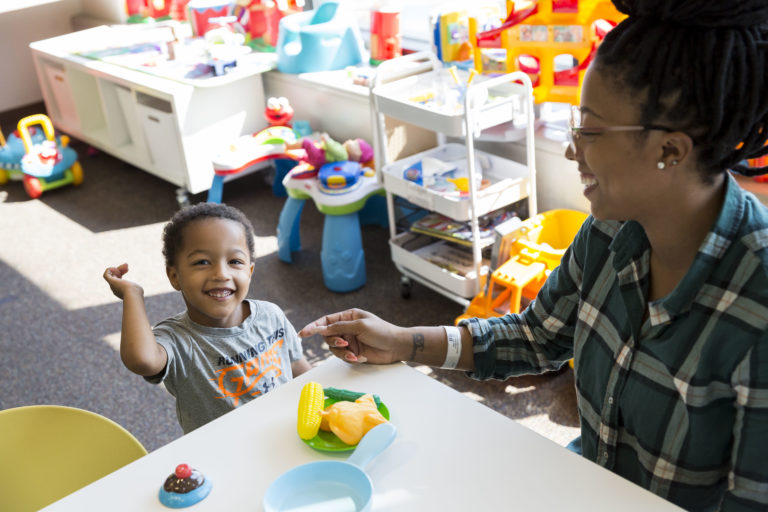
Type 1 diabetes, once known as juvenile diabetes or insulin-dependent diabetes, is a chronic condition in which the pancreas produces little or no insulin. Insulin is a hormone the body needs to get glucose from the bloodstream into the cells of the body to produce energy.
Despite ongoing medical research, type 1 diabetes has no cure. Treatment focuses on managing blood-sugar levels with insulin, diet and lifestyle to prevent complications. For some people, this can be especially challenging during celebratory occasions that often revolve around food.
“YOU CAN’T HAVE THAT!” are words that no one wants to hear whether it’s a holiday or family celebration. Whether it’s you, your child, or a loved one who has Type 1 diabetes, here are some tips to negotiate:
- First, always be prepared. Keep all testing and insulin supplies with you at all times. You never know when the opportunity to indulge in a cookie may occur, and you will need to be able to test your blood glucose and carb correct accordingly.
- Those with type 1 diabetes should check their blood sugar and check often. Always check blood sugar prior to eating. If you’re unsure if carbs were covered correctly, recheck blood sugar two to three hours after dosing. A continuous glucose monitor can be your friend by allowing you to observe your glucose trends before, during, and after any festivities.
- For patients who use an insulin pump, keep track of the amount of insulin in your reservoir. Changing your reservoir, tubing and pump site every two to three days will ensure you have insulin to cover any recent indulgence. If you are an advanced pumper, you can program the pump to administer a dose of insulin over a set amount of time, thus allowing you to graze over a period of time!
- Another key to success is document, document and document! Granted, no one wants to carry a pad of paper to record every injection and carb; thankfully smartphones take on that burden now. Check out the available diabetes tracking apps and download one before attending your next party.
- And, don’t be shy. Let people know that you or your child or loved one has type 1 diabetes. Ask for food and nutrition labels at gatherings. Preemptively list your favorite holiday foods and carb amounts. Have a frank conversation with your child about the importance of honesty regarding the food he or she wants to eat. If he or she comes to you with a plate of goodies, allow a little indulgence. Count the carbs to your best ability, recheck blood sugar in two hours to ensure accuracy, correct if needed, and carry on!
- When you are on the go, be sure to take into account the increase in activity and the need to check blood sugar more frequently.
And remember, learning to live with type 1 diabetes can be challenging at first. Your doctor may recommend working with a certified diabetic educator to learn how to better control your disease while maintaining an optimal lifestyle.
Brianna Hanekom, BSN, RN, CDE, is a Certified Diabetes Educator with Cooper Pediatric Endocrinology. To learn more, click here.
